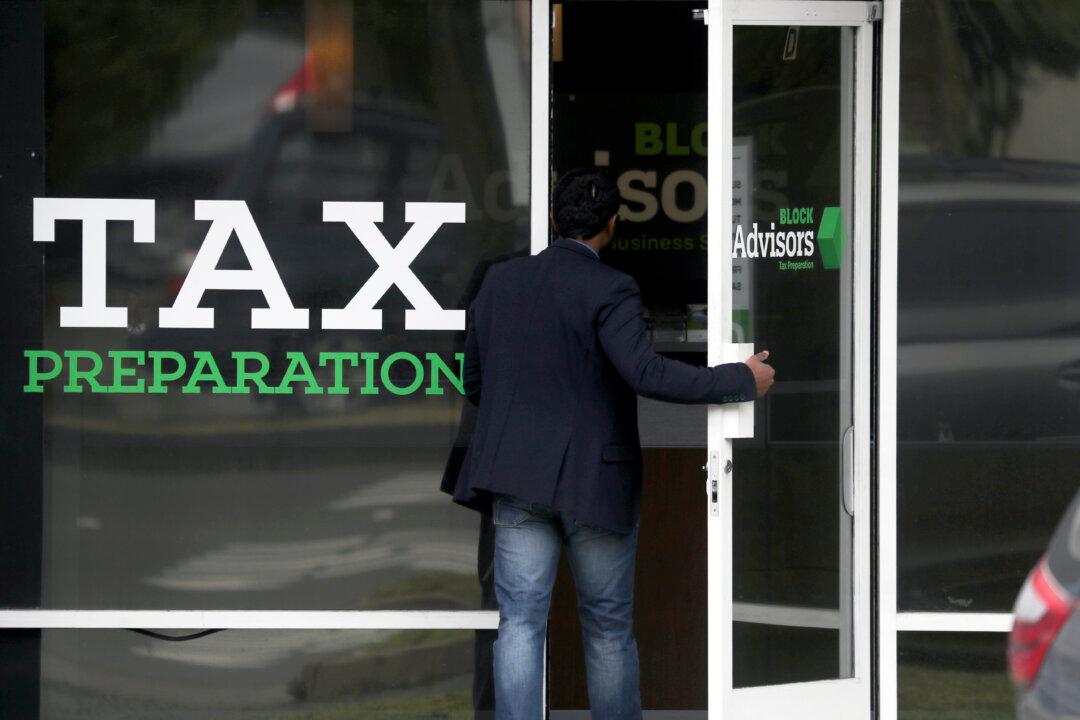SACRAMENTO, Calif.—California State Senator Jerry Hill (D-San Mateo and Santa Clara Counties) announced that he is placing Senate Bill 360 on hold for the time being.
The passing of SB 360 would have required church clergy to report any suspicions or incidents of child abuse or neglect.





